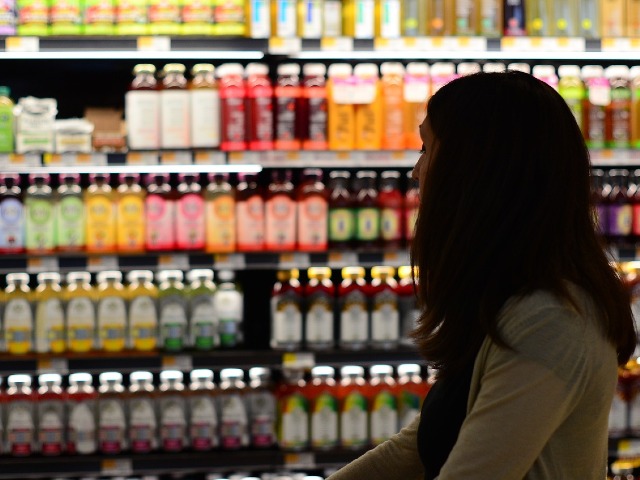How can supermarkets encourage consumers to make healthier and more sustainable choices?
| Date: | 27 May 2024 |

How can you entice supermarket customers to make healthier and more sustainable choices? This is what researchers from the Faculty of Economics and Business (FEB) of the University of Groningen (UG) have been researching for the past five years, in collaboration with Wageningen University & Research (WUR). Among other things, they discovered that supermarket customers are quite willing to make healthier choices, but shy away if they feel they are being patronized.
Under the banner of the Top Sector Agri & Food, the UG and WUR, together with the Dutch supermarket industry, started the public-private partnership 'Transparant, gezond en duurzaam' (transparent, healthy and sustainable) five years ago. The goal of the collaboration was to better identify and address the challenges in offering and encouraging healthy and sustainable choices that supermarkets and food service companies encounter. The collaboration has now been completed and the results of the research project were presented in The Hague last week. Among other things, the research showed that supermarket customers do want help to make healthy and sustainable choices, but do not want to feel that they are being forced to do so.
Information and special offers
Greater transparency about the health and sustainability of products can increase the likelihood that consumers will make healthier and more sustainable choices, and front-of-package labels such as the Nutri-Score can provide support in this endeavor. But to actually convert knowledge about products into healthier contents of consumers’ shopping baskets, more is needed, the researchers found. Consumers appear to recognize and appreciate decision aids in the form of front-of-package labels like the Nutri-Score, but they only buy significantly more healthy products when these decision aids are linked to other commercial measures, such as special offers and/or attractive shelf organization (healthy and sustainable products being placed at eye-level, for instance).
The importance for supermarkets
Why is it important for supermarkets that consumers buy healthier and more sustainable groceries? "Consumers buy up to 70 percent of all their food at the supermarket. So, the supermarket industry is logically challenged on their role in promoting healthier food," explains UG-professor of Marketing & Consumer Well-being Koert van Ittersum. There remains a high demand for less healthy and unhealthy products, and it is economically unrealistic to remove these products from the shelves entirely. "So you have to address this in other ways," Van Ittersum argues. The ultimate goal is to get many people to take small steps toward healthier and more sustainable purchasing habits.
"The results provide great guidance for all parties to take new steps," said Marc Jansen, Managing Director of Centraal Bureau voor Levensmiddelenhandel (CBL), the Dutch supermarkets' trade association. "All supermarkets have an interest in customers being able to make conscious and well-informed choices within the extensive food offering. We therefore embrace the results of the research project."
More Information
The digital research summary booklet can be found on the website of CBL (in Dutch).
Questions? Please contact Koert van Ittersum.

